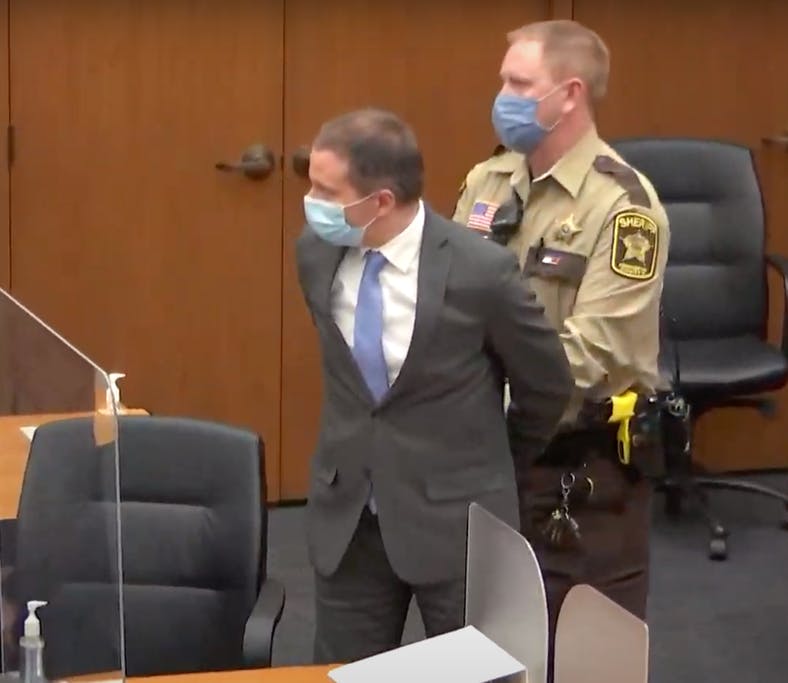The Broadcast Live of the Former Officers Charged in George Floyd’s Murder
Olivia Scro
Trending Writer
Derek Chauvin’s murder trial was the first Minnesota criminal trial that will be broadcasted live on TV. It will not be the last. Some in the Minnesota legal officials were troubled about permitting the live transmission of Chauvin’s trial in the murdering of George Floyd, yet the video channel had no serious issues and reinforced the public’s comprehension of the preliminary, Minnesota Public Radio News reported.

A representative for the Hennepin County court system said a request from Judge Peter Cahill to permit the live transmission will, in any case, apply to the August trial of the other three former Minneapolis officers charged in Floyd’s death, Thomas Path, J. Alexander Kueng, and Tou Thao.
Cahill requested the preliminaries to be communicated live in light of the extraordinary worldwide interest in the situation and restricted courthouse space on account of the pandemic. Minnesota court rules ordinarily don’t allow cameras at criminal preliminaries except if the two sides consent to them. Despite the fact that Chauvin’s lawyer immediately welcomed the live transmission, Minnesota Attorney General Keith Ellison had argued against permitting the live transmission since he said it could threaten witnesses.
In any case, seven days after the jury saw Chauvin as guilty, Ellison told WCCO-television that the live transmission “went quite well” and that he was thankful the judge permitted juvenile witnesses to testify behind the scenes. Cahill also barred jurors’ faces from being televised. Hennepin County Chief Judge Toddrick Barnette said he was likewise a long-lasting skeptic of cameras in the court. He met with columnists and media lawyers in front of the preliminary and worked intimately with Court television, which worked the cameras and gave its video channel to other media sources. “Over time, I felt more comfortable that they were really interested in the integrity of the process and worked very hard to make sure there were no violations of Judge Cahill’s order,” Barnette said.
Barnette said probably the greatest advantage of broadcasting the preliminary was that the public found out about the interaction, from jury choice to the last decision. Chauvin was sentenced a week ago for second-and third-degree murder and second-degree homicide. He’ll be condemned on June 25.
Floyd’s passing started a long time of fights and a public retribution over-policing and fundamental prejudice in the US. “We haven’t seen an outcome like this on a case. I really think this is a start, and I think it’s a good start,” Mitchell told CNN. “And then all the attention that it is still getting — just keeping that magnifying glass there has to spark some kind of change.”
Contact Olivia at olivia.scro@student.shu.edu

